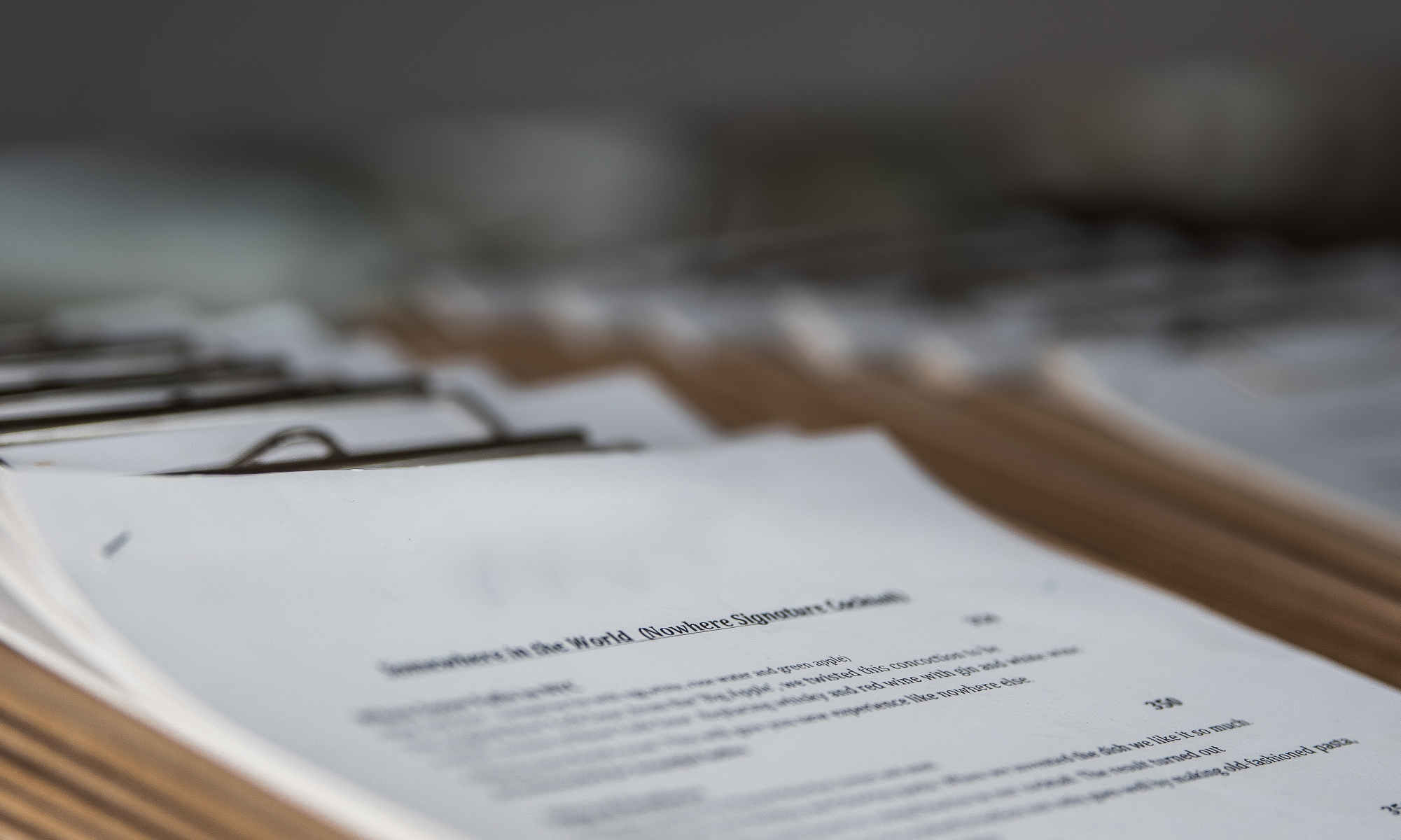The new Corporate Sustainability Reporting Directive presented by the European Commission, also known as CSRD, could mean a paradigm shift in corporate sustainability reporting. Although its application isn’t planned until 2024, the updates it introduces have raised alarms in the fashion industry. Below we reveal the keys for your business to start taking the right measures to adapt to the requirements established by this new directive.
Sustainability isn’t advancing fast enough to achieve the goal set by the European Union for the coming decades
During our review of the European regulations that would define the future of fashion throughout this year, we pointed out the desire of the European Union to achieve climate neutrality by 2050. However, the main objective of the Green Deal is far to be achieved at the moment. According to a recent report by the World Resources Institute, the rate at which sustainability is advancing is not enough to achieve the goal set by the European Union for the coming decades.
The Non-Financial Reporting Directive (NFRD), in place since 2018, began as an extension of annual financial reporting. Providing guidance to companies on how to disclose their approach to managing environmental and social challenges and include them in their annual reports alongside financial reports. However, companies required to comply with this directive have had the flexibility to choose from a wide range of international, European or national frameworks for disclosing such information. The review of the current directive is essential as it demonstrates that the information provided under the NFRD, in addition to being insufficient, lacks quality, which makes comparisons in the field of sustainability difficult.
The CSRD introduces updates that seek to ensure that European companies respect human rights and the environment in global supply chains
The efforts made so far by the companies are limited. The European Commission presents the Corporate Sustainability Reporting Directive in order to create a standardized system that allows investors to properly evaluate and compare the performance and real impact in all industries. The CSRD introduces updates that seek to ensure that European companies respect human rights and the environment in global supply chains.
From an investment perspective, the financial performance of a business has traditionally been the main focus, however in recent years it has become increasingly obvious that sustainability is an important indicator of business success.
What is the CSRD and which companies will have to comply with this directive?
The CSRD aims to review and strengthen the existing requirements introduced by the Non-Financial Reporting Directive (NFRD). Under this directive, companies will have to report on how sustainability acts in their business and the impact of their activities on people and the planet.
This proposal extends the scope of sustainability reporting to all large companies, listed or not, and without the previous limit of 500 employees. These will be the companies subject to complying with the CSRD:
- All large companies that meet 2 of these 3 criteria:
- Income of more than 40 million euros
- Total assets greater than 20 million euros
- More than 250 employees
- All companies with securities listed on EU regulated markets, except micro-companies.
- SMEs, small and medium-sized listed companies benefit from an additional 3 years for implementation.
In general, the proposal aims to ensure that these companies provide reliable and comparable information regarding sustainability. This would ease a constant flow of information on sustainability through the financial system.
The proposal also aims to simplify the reporting process. The EU sustainability reporting standards seek to become a single system that offers companies a common solution that meets the information needs of investors and other stakeholders.
As with financial reporting, the CSRD will require third-party auditing to ensure the information reported is accurate. In addition, the digitization of such reports will also be necessary to improve access to data, reuse it within the financial sector and allow comparisons to be made.
When will the CSRD come into effect?
In mid-2022, the European Parliament and member states in the Council are expected to negotiate a final legislative text. By the end of 2022, the Commission is due to adopt the first set of reporting standards under the new legislation. If this happens, from January 1, 2024, large listed companies could apply the standards for the first time to reports published in 2024. In 2026, the remaining companies are expected to be able to apply the directive.
How can the textile sector be prepared for CSRD?
- Interdepartmental cooperation. Sustainability isn’t a matter of a single department, it extends throughout the company. To comply with the directive, companies will need most of their departments to participate in the process. It will be essential to put the ESG criteria together with the financial reports of the company.
- Agility in execution. There is no time to lose, the sooner your business gets involved in collecting the required information, the easier it will be to implement the directive when it comes into force. Supply chains in the fashion industry are complex and having a comprehensive understanding of them requires time and dedication.
- External support. CSRD with its third party verification adds another layer of responsibility to companies. Having the support of an external entity that evaluates this information will be crucial to guarantee its credibility and that there are no problems when the time comes to review the information provided.
The European Union is constantly searching for new formulas that guarantee compliance with the social and environmental responsibility of the industry. At BCOME we can help you meet the requirements established by the new directive so that your company is prepared for its entry into force. Sustainability doesn’t have to be difficult, at BCOME we make it easy for your business!








